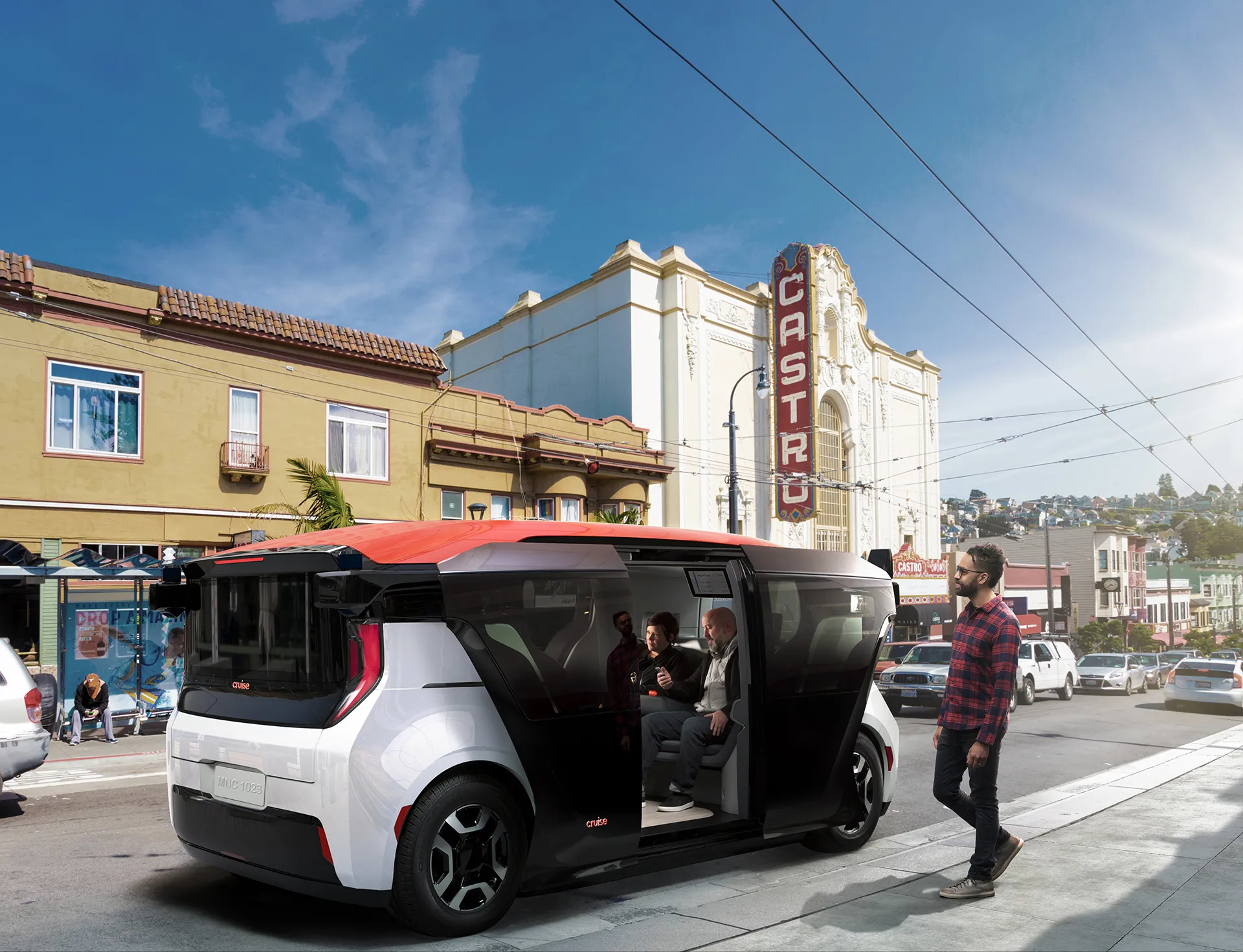
In a blog post on M, the company’s CEO Dan Ammann writes: “The Cruise Origin is powered by a brand-new, all-electric platform built by General Motors. It’s got what’s called redundancy, meaning there are no single points of failure across sensing, compute, networking or power — because there’s no back-up human driver.”
The vehicle’s multi-layered sensor suite is expected to track people and objects that are far away or hidden by rain or fog.
He emphasises that Origin’s modular design make it upgradable, thereby removing the need to “roll out a new fleet each time we build a better sensor or computer”.
Cruise is currently operating a ride-sharing service for its employees using its third-generation vehicles in a move which has allowed the company to accumulate nearly a million miles of autonomous trips.
According to Ammann, data contained within those miles allows Origin to learn how people drive and how to manoeuvre in unusual circumstances.
“We seek out as much entropy and chaos as we can find, and our human supervisors provide feedback on how the vehicle is driving,” he continues. “We even create 3D simulations of great teaching material, so that we can make every software release better than the last — creating smarter, smoother, safer rides.”
He claims Origin will have a lifespan of more than one million miles and will be built for roughly half the cost of a conventional electric SUV.
“All told, the average San Franciscan household driving themselves or using ride-sharing, will, on average, see up to $5,000 back in their pocket every year,” he concludes.









